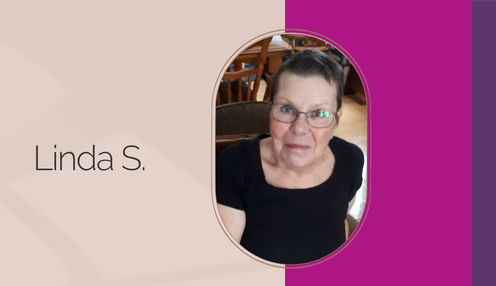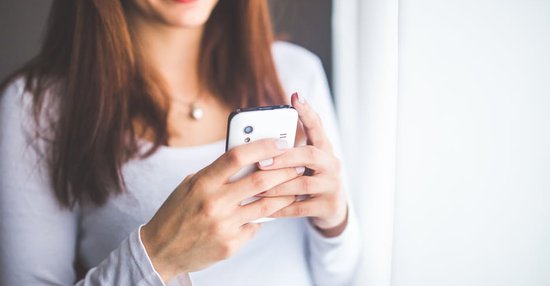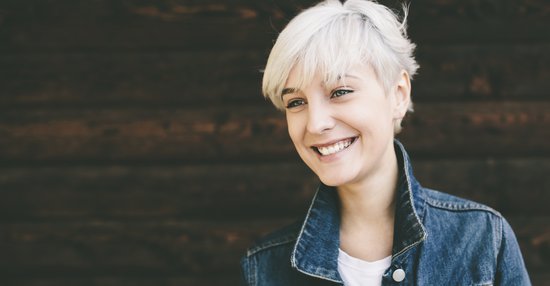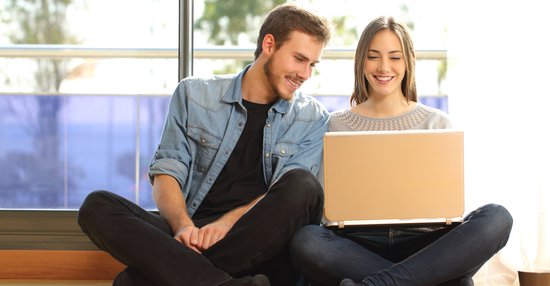Just before the pandemic started, in January of 2020, my husband was diagnosed with moderate chronic obstructive pulmonary disease (COPD) and atrial flutter, a type of abnormal heart rhythm. That put a damper on some of our usual activities, like travelling down south in the wintertime. And then, just a month or two later, I received my own diagnosis.
When I noticed blood in my urine, I went to my doctor right away. She did some tests and sent me for an ultrasound and then an appointment with a urologist. We live in Pilot Mound, south-west of Winnipeg, and I had to go into the city for the appointment. The urologist sent me to a kidney doctor, and after more testing, the diagnosis was confirmed: I had cancer in my right kidney.
I had an operation that September to remove my kidney, and everything was good for a while. The next summer, in 2021, I was out kayaking with my daughter. And that night, when I came home and went to the bathroom, I noticed a couple of drops of blood. Panicked, I called my doctor’s office and left a message. The receptionist phoned me back on Monday morning and told me to come in right away. And pretty soon I had a new diagnosis: uterine cancer. I had my second operation that December, to remove my uterus.
My brother passed away in 2013 from cancer, and he never had the chance to have surgery. He was gone within months – there was nothing the doctors could do. So each time I was diagnosed, I was grateful to have the surgeries available to me. I was given a chance, so I took it. I thought to myself, “OK, I’m going to have an operation, they’re going to get it all, I have a chance.” I believed with all my heart that I was going to beat it. When facing cancer, I believe in being positive and having a good attitude. And to keeping people around us who are positive, too.
After my surgeries, I had six rounds of chemotherapy. It wasn’t easy. After each treatment, I’d be good for two or three days and then it would hit me, and I’d be in bed for three or four days, completely exhausted and nauseous. I kept a journal throughout my treatment, noting how I felt every day – like the metallic taste in my mouth or the numbness and tingling in my leg. It affected me mentally, too. I’d have random moments where I’d cry a lot. And it just felt so wrong to be stuck in bed, unable to do anything. I’m not the type of person to just sit around. I’m a go-go-go type of person. I’m 73 now, and I love to keep active – kayaking, fishing, playing with my grandchildren, travelling with my husband, and taking care of my gardens. But these days I have less strength and I’m not supposed to be out in the sun.
Losing my hair during chemo didn’t really bother me. But I took the virtual Look Good Feel Better workshop on skincare and cosmetics, and that was wonderful. I needed some support – my skin was so dry, my head was hot, and my whole body was itchy. I loved learning about sunscreen, makeup, and how to do my eyebrows so they look realistic. The instructor was down to earth, and the tips were all practical. I was very pleased with it.
The workshop also helped give me a more positive outlook. And it brings me back to what I was saying before about attitude. I think it’s just so important to maintain that positive mindset – to be optimistic, to believe the treatment will work, and to know that I’m going to be good. If someone is a bit of a doubter, this type of workshop can give them hope. And everybody needs hope and a way to maintain a positive mindset when they’re going through cancer.



